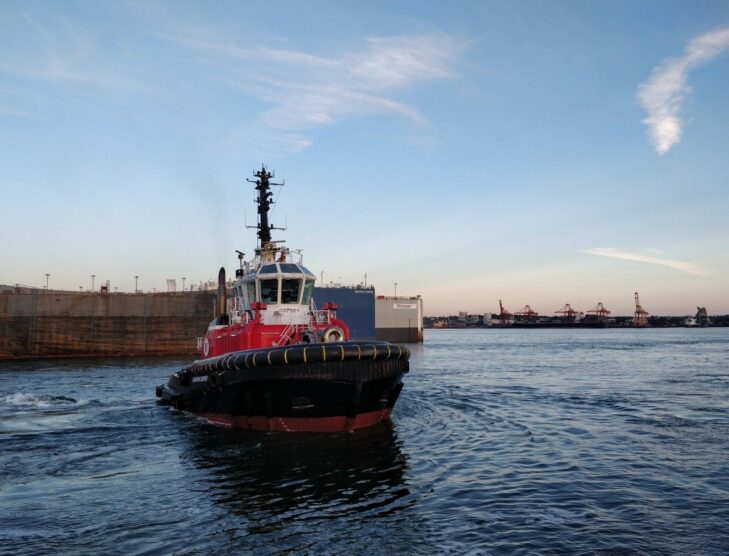
CIMAC releases two new white papers regarding greenhouse gas
CIMAC, the global association of the Internal Combustion Engines Industry, has just published two new CIMAC white papers entitled “White Paper 3: Efficiencies and Maturities of (Net) Zero Carbon Fuel Pathways” and “White Paper 4: Importance of a Well-to-Wake Approach.”
In these white papers, CIMAC reiterates the need for (net) zero or zero carbon fuels as necessary steps to achieve the required GHG emission reductions in maritime shipping.
While the two white papers and the CIMAC position published earlier outline the bigger picture of the current alternative fuels debate in maritime shipping, White Paper 3 now supports the previous white papers by giving an overview of current and projected maturities and energy efficiencies of the discussed technologies and fuel pathways.
Subsequently, White Paper 4 builds on White Paper 3 and asserts why a well-to-wake perspective is essential when assessing alternative fuels and the respective policies in maritime shipping.
Both white papers are issued by the Greenhouse Gas strategy group and are available on the CIMAC website through this link.
About CIMAC
CIMAC is the leading global non-profit Association of the Internal Combustion Machinery Industry, consisting of national member associations and corporate members in 27 countries in America, Asia and Europe.
CIMAC represents the large engine technology sector. This includes diesel and gas engines which are used for power generation, marine propulsion, and locomotives. Its stakeholders include manufacturers, researchers, suppliers and end-users. Its vision is to promote large engine technology power solutions that are efficient, reliable, safe and sustainable and of benefit to society, in pursuit of the transition to a low-carbon future.
echo '








